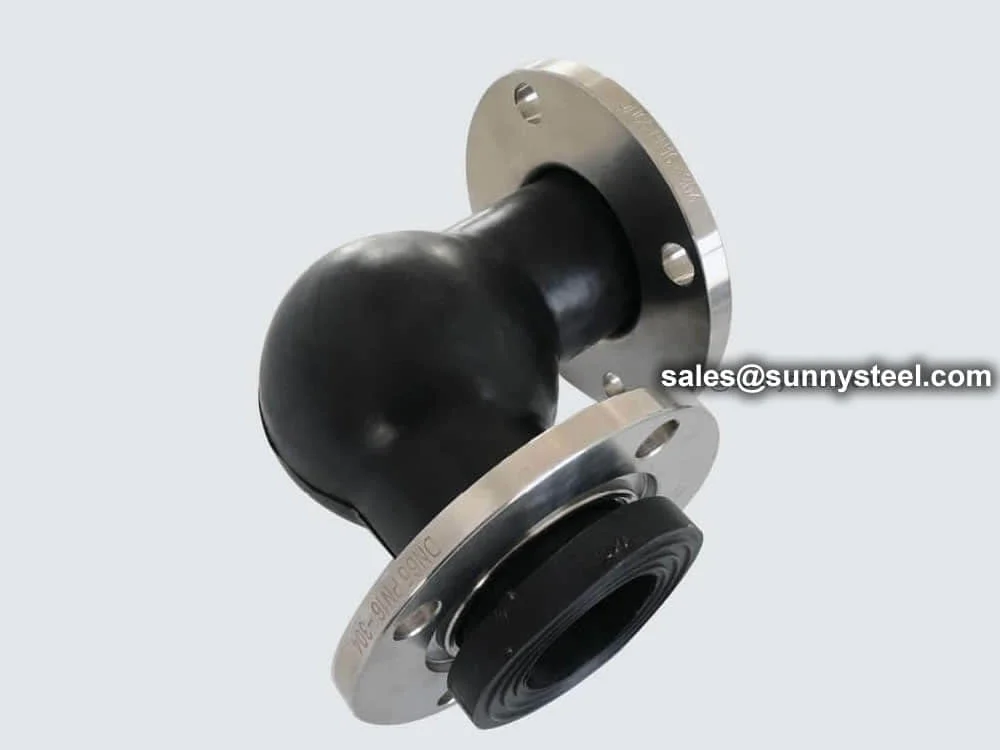
Versatile Connector For Flow Direction And Vibration Control
Flexible rubber elbow joints redirect flow in piping systems, absorbing vibration, reducing noise, and providing corrosion resistance for hvac, plumbing, and boiler applications.
Versatile Connector For Flow Direction And Vibration Control
Flexible rubber elbow joints redirect flow in piping systems, absorbing vibration, reducing noise, and providing corrosion resistance for hvac, plumbing, and boiler applications.
Flexible Rubber Elbow Joint is a robust and adaptable connector designed to redirect fluid or gas flow in industrial piping systems while providing pipeline vibration control and corrosion resistance. Constructed from high-grade elastomers such as EPDM, NBR, or Neoprene, reinforced with nylon cord or steel wire, and equipped with stainless steel clamps or flanged ends (carbon steel or SS304/SS316), these joints are ideal for applications in HVAC, plumbing, chemical processing, and boiler pipeline protection. Their flexible design accommodates misalignment, thermal expansion, and mechanical vibrations, ensuring efficient flow transitions in confined spaces.
Available in standard 45° and 90° angles, with sizes ranging from 1-1/2” to 4” (DN40 to DN100) for common applications and up to 12” (DN300) for custom designs, flexible rubber elbow joints support pressure ratings up to 4.3 psi for drain, waste, and vent (DWV) systems or up to 16 bar for industrial applications. They operate in temperatures from -20°C to 110°C, depending on the elastomer, and are suitable for handling water, air, mild chemicals, and abrasive slurries. The rubber construction reduces noise by 15-20 decibels and mitigates pipeline wear, extending the lifespan of flexible piping solutions. Their corrosion resistance ensures durability in harsh environments like sewage or chemical systems.
Manufactured through high-pressure vulcanization, flexible rubber elbow joints undergo rigorous testing, including hydrostatic, fatigue, and leak tests, to comply with standards such as CSA B602, UPC, and ASTM. The inner rubber layer resists abrasion and corrosion, while the outer layer protects against environmental factors like UV exposure and ozone. Stainless steel clamps (300 series) or flanged connections ensure a secure, leak-proof seal, and the joints can connect dissimilar materials like PVC, cast iron, and steel, making them ideal for retrofitting or repairs in industrial piping. Their lightweight design allows for tool-free installation, reducing labor costs in tight spaces or urgent repairs.
Compared to rigid metal elbows, flexible rubber elbow joints offer superior flexibility and vibration damping, though they are not suited for extreme high-pressure or high-temperature applications above 110°C. Their elasticity accommodates minor movements, preventing pipe damage from thermal expansion, seismic activity, or pump vibrations. EPDM provides excellent resistance to weathering and chemicals, while NBR is optimal for oil-based media, enhancing versatility for boiler pipeline protection and other industrial applications. These joints are particularly effective in systems requiring sharp or gradual turns, such as HVAC or plumbing setups.
Flexible rubber elbow joints address critical challenges like pipeline misalignment, vibration, noise, and corrosion in industrial systems. Their durable, corrosion-resistant design makes them a reliable choice for engineers seeking efficient flexible piping solutions for HVAC, plumbing, and chemical processing, ensuring operational efficiency, safety, and longevity.
| Material | EPDM | NBR | Neoprene |
|---|---|---|---|
| Temperature Range (°C) | -20 to 120 | -20 to 100 | -30 to 110 |
| Tensile Strength (MPa) | 10-20 | 10-15 | 8-17 |
| Elongation at Break (%) | 300-600 | 300-500 | 200-500 |
| Hardness (Shore A) | 60-80 | 60-75 | 50-70 |
| Chemical Resistance | Excellent (acids, alkalis) | Good (oils, fuels) | Moderate (oils, weathering) |
| Property | Value |
|---|---|
| Pressure Rating (bar) | Up to 16 (industrial), 0.3 (DWV) |
| Axial Movement (mm) | ±5 to ±15 |
| Lateral Movement (mm) | ±5 to ±10 |
| Angular Deflection (°) | Up to 10 |
| Noise Reduction (dB) | 15-20 |

Absorb greater movements compared to similar length metal expansion joints, managing lateral, torsional and angular movements effectively.
Dampen disturbances and provide resistance against shock stress from hydraulic surge and water hammer.
Dampen sound transmission with rubber to steel interface, reducing unwanted noise from system imbalances.
Lightweight and easy to handle, simplifying connections and reducing installation time and labor costs.
Significantly extend service life of piping systems and connected equipment, reducing maintenance frequency.
Effectively compensate for minor misalignments during installation or due to structural settling over time.
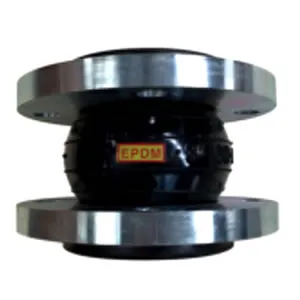
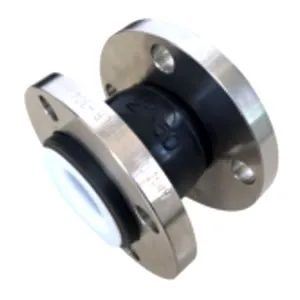
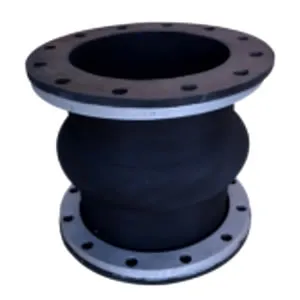
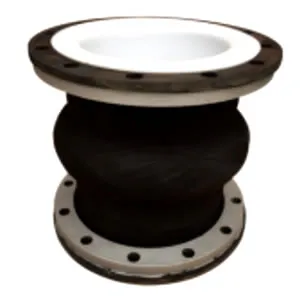
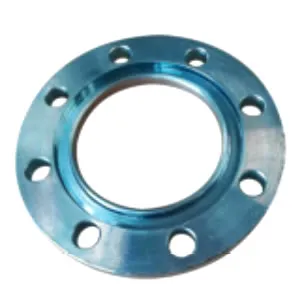
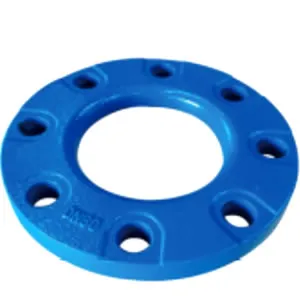
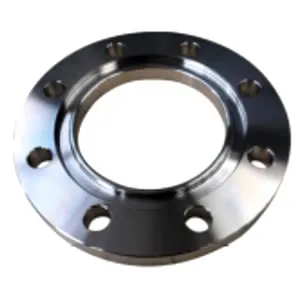
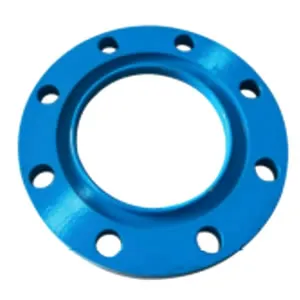
| Material | Temperature Range | Key Properties | Applications |
|---|---|---|---|
| EPDM Ethylene Propylene Diene Monomer |
-40°C to +120°C | Water, steam, ozone, weathering resistance | HVAC, water, wastewater systems |
| Nitrile (Buna-N) Acrylonitrile Butadiene |
-30°C to +100°C | Oil, fuel, chemical resistance | Petroleum-based applications |
| Hypalon Chlorosulfonated Polyethylene |
-40°C to +135°C | Ozone, weathering, oxidizing chemicals | Chemical processing, marine |
| Viton (FKM) Fluorocarbon |
-20°C to +200°C | High temperature, aggressive chemicals | Chemical, oil & gas, aerospace |
| Natural Rubber Polyisoprene |
-50°C to +80°C | Elasticity, abrasion resistance | General purpose, low chemical exposure |

Flexible Rubber Elbow Joint are essential in industries requiring flexible, corrosion-resistant solutions for thermal expansion and vibration control in piping systems.
Transfers heat between fluids, allowing return flow at 180° in a compact space.
Used in heat exchangers, chemical & petrochemical, food processing, and refrigeration industries.
Seamless stainless U-tubes are essential in nuclear and petrochemical machine building.
Applied in heat exchangers at Oil & Gas, petrochemical plants, refineries, and power plants.
Handles aggressive fluids like sodium hydroxide + sodium hypochlorite safely.
Allows pipeline expansion without buckling; flexible or sliding options available.
Enhances heat transfer when the outside coefficient is lower than the inside, improving efficiency.
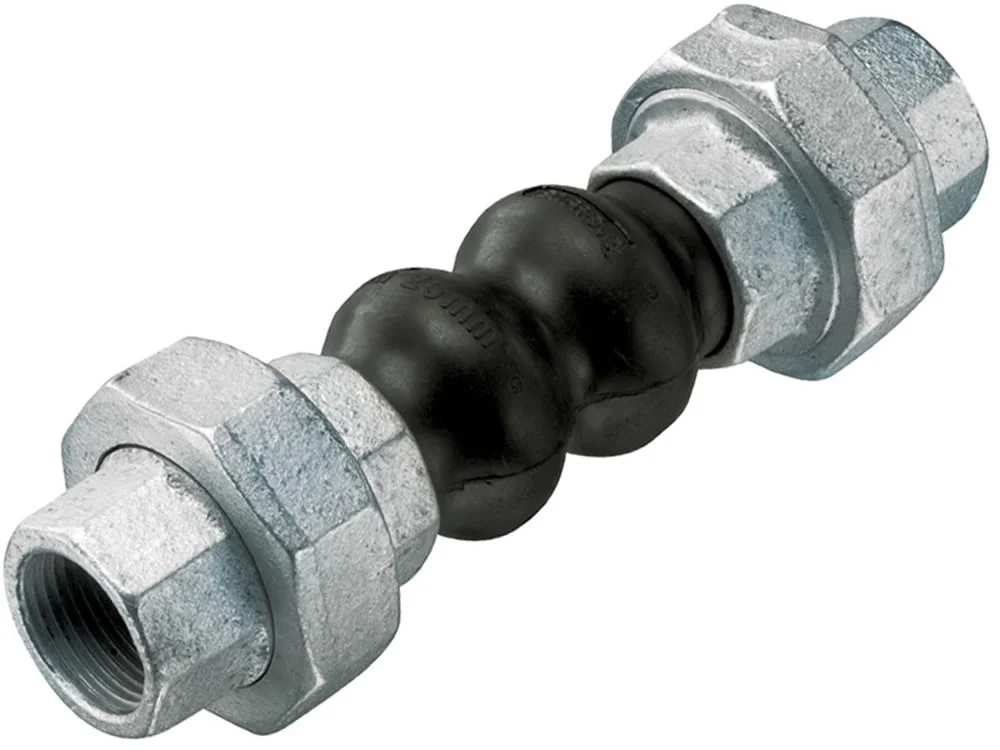
Threaded rubber expansion joints absorb vibration,...
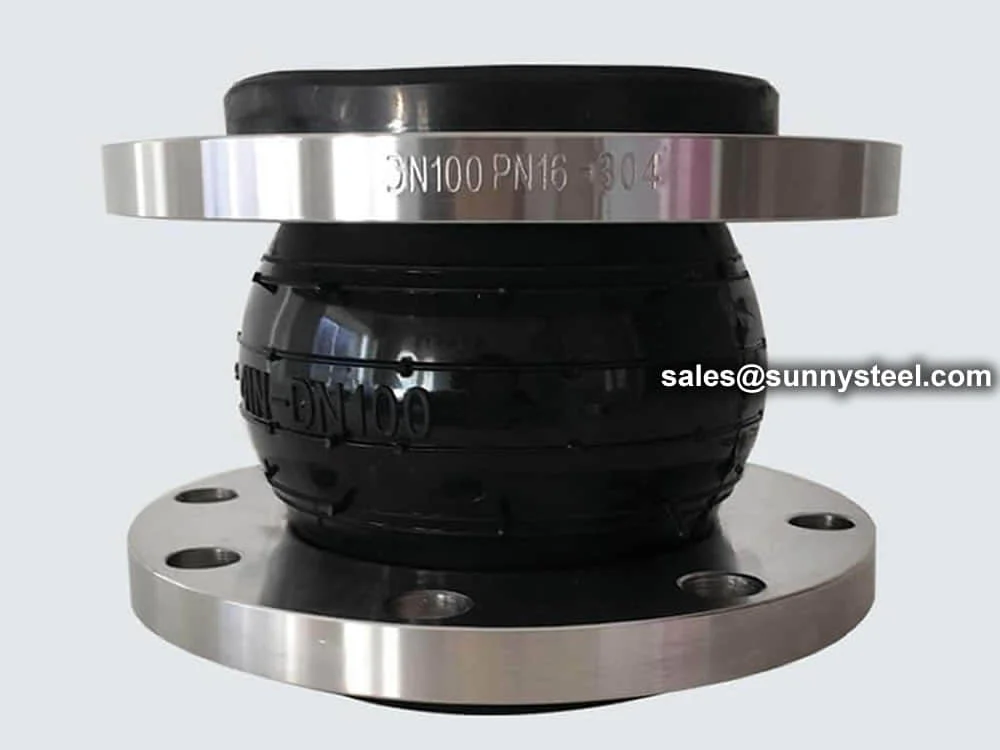
Flexible rubber joints absorb vibration, reduce no...
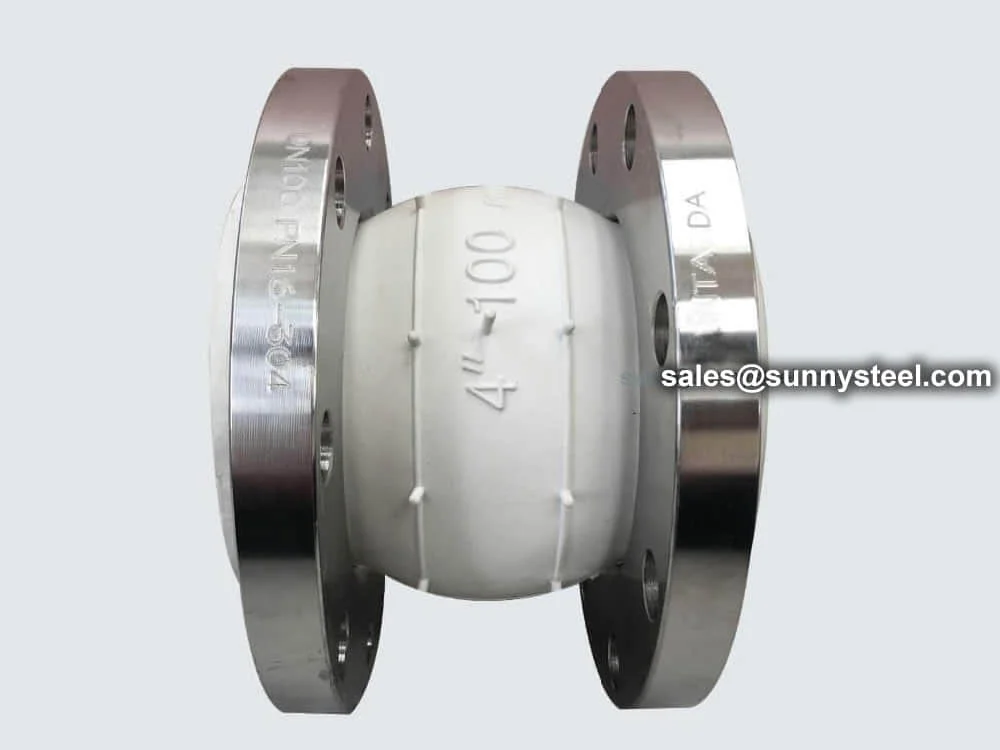
Food grade rubber expansion joints ensure hygienic...
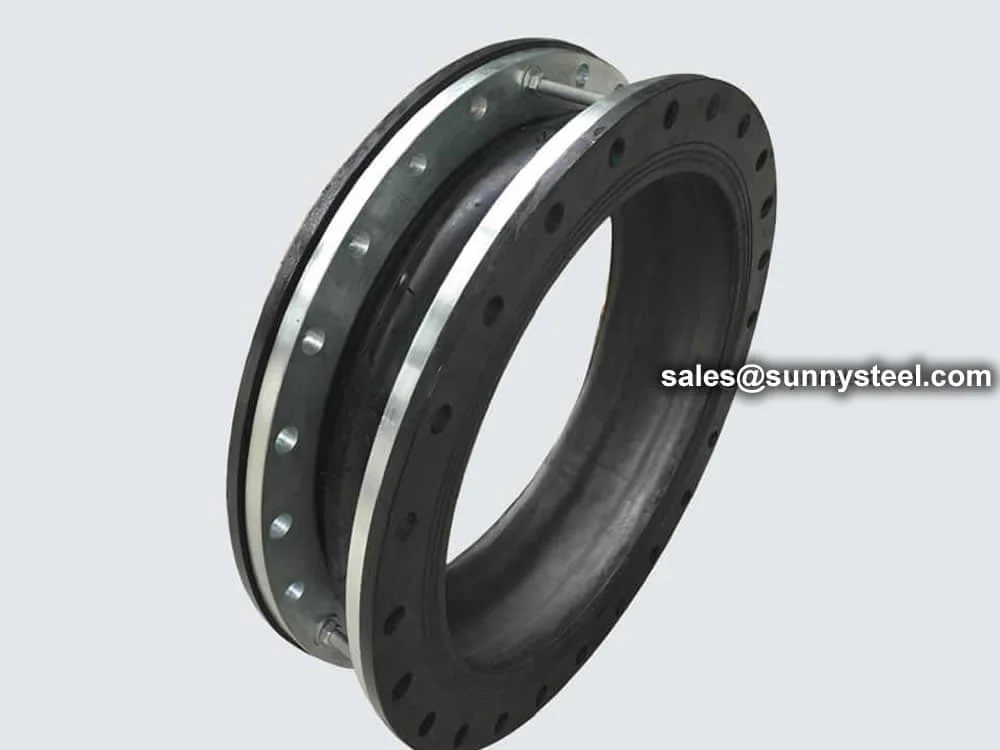
Limited flexible rubber joints absorb vibration, r...
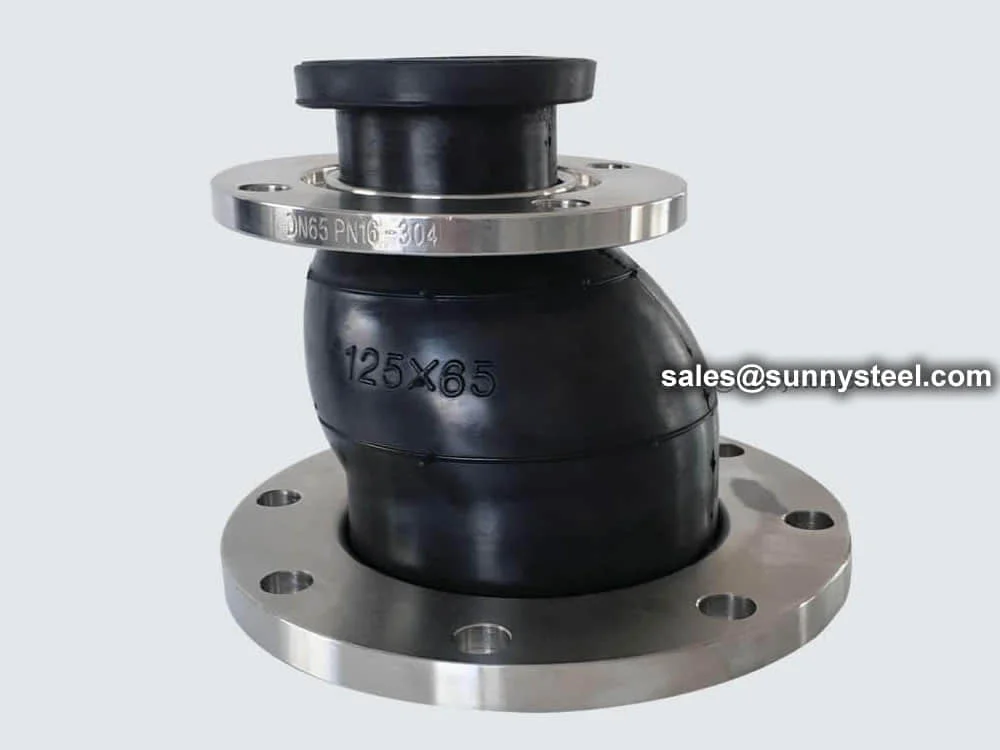
Eccentric reducer rubber joints connect misaligned...
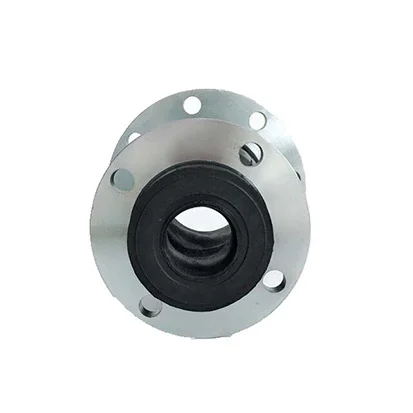
Ein gummi-kompensator ist ein flexibles verbindung...